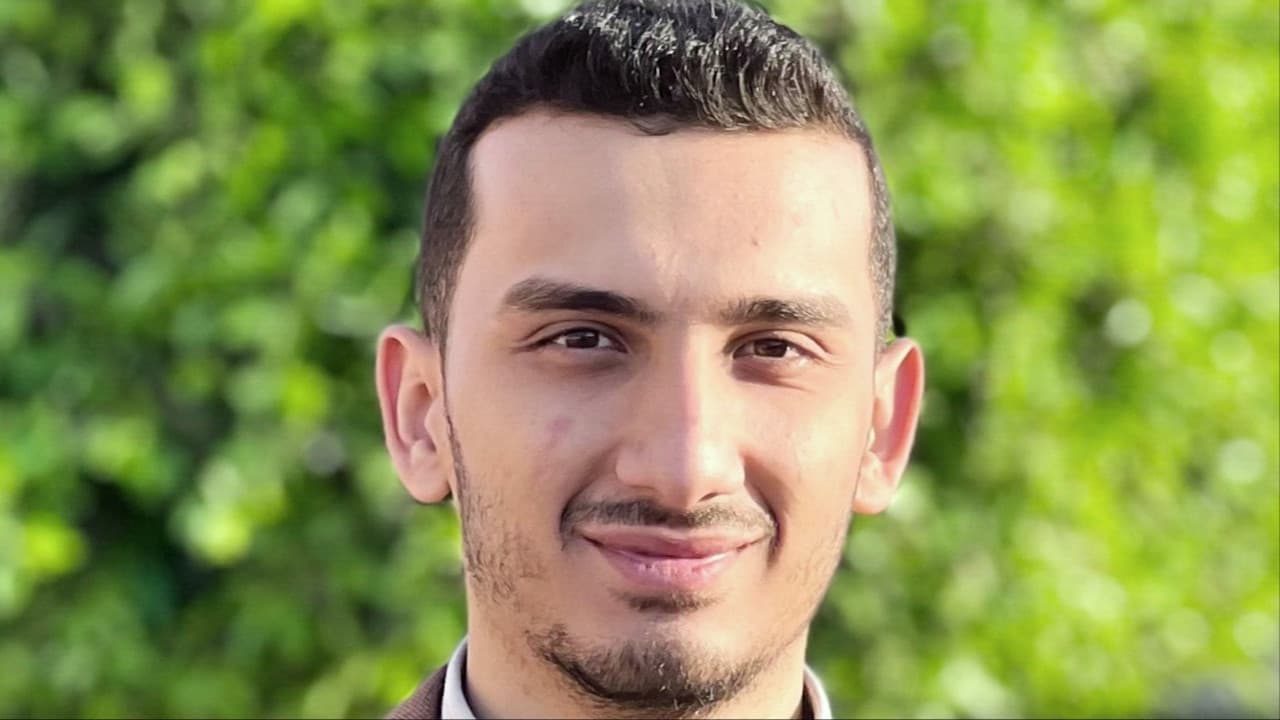Context
Mohammed R. Mhawish, 25, is a Palestinian journalist and writer from Gaza who is currently based in Cairo. He spoke to The News Movement’s Reem Fahat about what the results of the U.S. election could mean for the war in Gaza.
Context
How have U.S. politics impacted the lives of people in Gaza?
U.S. politics shape what happens here more than most people realize. The unconditional support the U.S. gives Israel—whether it’s billions in military aid or diplomatic backing—has been devastating for Gaza. That support enables policies like the blockade, airstrikes, and military campaigns that directly harm us. It’s not abstract; it’s felt every single day in the restrictions on food, medicine, and basic freedom.
Context
What was your reaction when it was announced that Trump had won?
I think dread is the best word to describe it. We’ve already lived through his first term, and it was brutal for Palestinians. He completely erased any pretense of the U.S. being a neutral party. Recognizing Jerusalem as Israel’s capital, cutting funding to Palestinian refugees, normalizing Israeli settlements—it all felt like he was trying to erase us as a people. So when he won again, it wasn’t just disappointment; it was this sinking feeling of, ‘Here we go again, but worse this time.’
Context
How do you think a Trump presidency will impact Gaza? Do you feel like there will be a significant shift?
It’s hard to imagine things getting worse, but with Trump, it’s always possible. He’s made it clear that he doesn’t just support Israel—he’s willing to go all in, no matter what it costs us. I think we’ll see more airstrikes, more blockade enforcement, and even less pressure on Israel to follow international law. Trump doesn’t care about Palestinian lives; he’s shown that before, and I don’t think it’ll change. But honestly, it’s not just Trump—Biden hasn’t been great either. So it’s less about a shift and more about how much faster things will spiral.
Context
You’ve written about the Democratic Party’s “failure to champion any real justice” for Palestinians. What do you think this election reveals about U.S. politics?
It says a lot about how deeply broken the system is. Even when there’s overwhelming public support for a ceasefire or for cutting military aid to Israel, the Democratic Party refuses to act. Why? Because the U.S. political system isn’t designed to respond to people—it responds to money, to lobbies, and to power. For Palestinians, that’s a harsh reality. We see that both parties, no matter what they say during campaigns, are complicit in funding and supporting the violence we face. It’s not about Democrats being slightly better than Republicans; it’s about a system that’s fundamentally indifferent to our suffering. The Democrats' refusal to take a stand shows us that we’re just not a priority, and that’s heartbreaking because it means this cycle of violence will keep going.
Context
Is there anything else you want people to know?
I just want people to really think about how connected we all are. What happens in Gaza isn’t some faraway conflict that doesn’t concern the rest of the world. The bombs that fall on us are often paid for with U.S. tax dollars. The decisions made in Washington ripple out and destroy lives here. I hope people can see that and push for change—not just for Palestinians but for a world where human life is valued over politics. At the end of the day, we’re just people who want to live, raise our kids, and be free, like anyone else.
